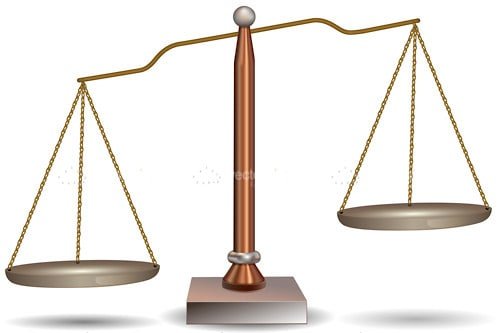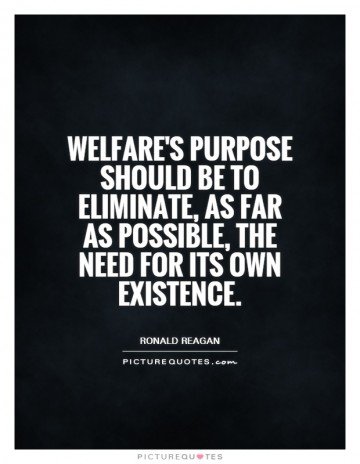The ultimate yielding of welfare which is the demand of utilitarianism has no limits

Image Source
There is no restriction to what a man may do to enhance the world, with the exception of the limits of time and quality. Since the relations of conceivable states of undertakings to any individual's actions are vague, the requests are unlimited in the further sense that there are frequently no clear limits between the requests on a man and the requests on another person.
Utilitarian theorists go ahead to return confinements on what a given individual might be required to do, saying that it is generally more proficient on the off chance that you think extraordinarily about your own children, for example, or on the off chance that you unwind once in a while from good works.
Contractualists, and numerous other people who are not theorists of either sort, will gripe this gets things back to front, the rights to its own children and its own time are not theirs to give back. The possibility that there ought to be a farthest point to the strains of responsibility, as John Rawls puts it, is one thing that structures his hypothesis, the wealthiest and most complex legally binding account of morals yet progressed.
Rawls' hypothesis of justice intends to discover standards to oversee social and political life instead of individual lead. Be that as it may, it begins from an ethical premise, and furthermore has essential outcomes for absolutely moral idea. Rawls' hypothesis is an elaboration of a straightforward thought, a reasonable system of plans is one that the parties can consent to without knowing how it will profit them actually.

Image Source
This is worked up into a fiction of a unique position in which individuals pick social standards behind a cloak of obliviousness, which disguises from them their own particular forthcoming social positions and undoubtedly their individual tastes and interests.
It doesn't hide general suggestions, for example, the discoveries of the social sciences, so they have some data to take a shot at, however no data that empowers any of them to segregate in his or her own particular support. The model has the noteworthy outcome that Rawls must expect, unrealistically, that learning of history isn't basic to social scientific understanding, unless he permits, even less conceivably, that you can know the course of history without knowing your place in it.
The way that the hypothesis, as other such speculations, is fundamentally a chronicled is a vital reality about it. The parties need to make, in these conditions, a self-interested decision of social game plans. They are not in a good position to do it, since they don't recognize what selves they are, however it means that they do exclude any considerate or altruistic standards in their preferred premise.
Rawls isn't to be deciphered here as endeavoring to move to social justice from individual self-interest. The fact is that a self-interested decision in numbness of one's personality should model in vital regards nonself-interested or moral decision under customary states of learning.

Image Source
References:
https://en.wikipedia.org/wiki/Utilitarianism
http://www.politicalsciencenotes.com/essay/utilitarianism-meaning-development-and-criticism/382
https://en.wikipedia.org/wiki/Welfare
I am a soc sci graduate and I love reading this...
Downvoting a post can decrease pending rewards and make it less visible. Common reasons:
Submit